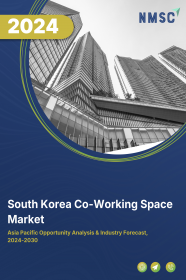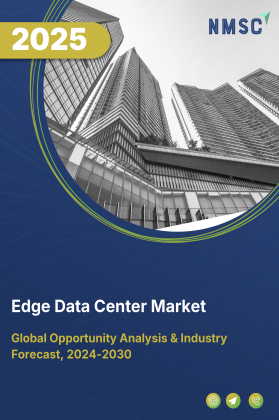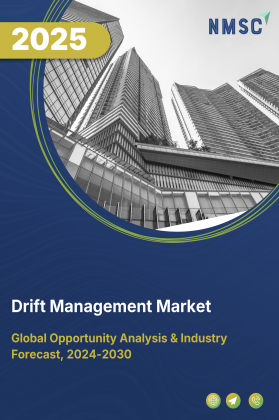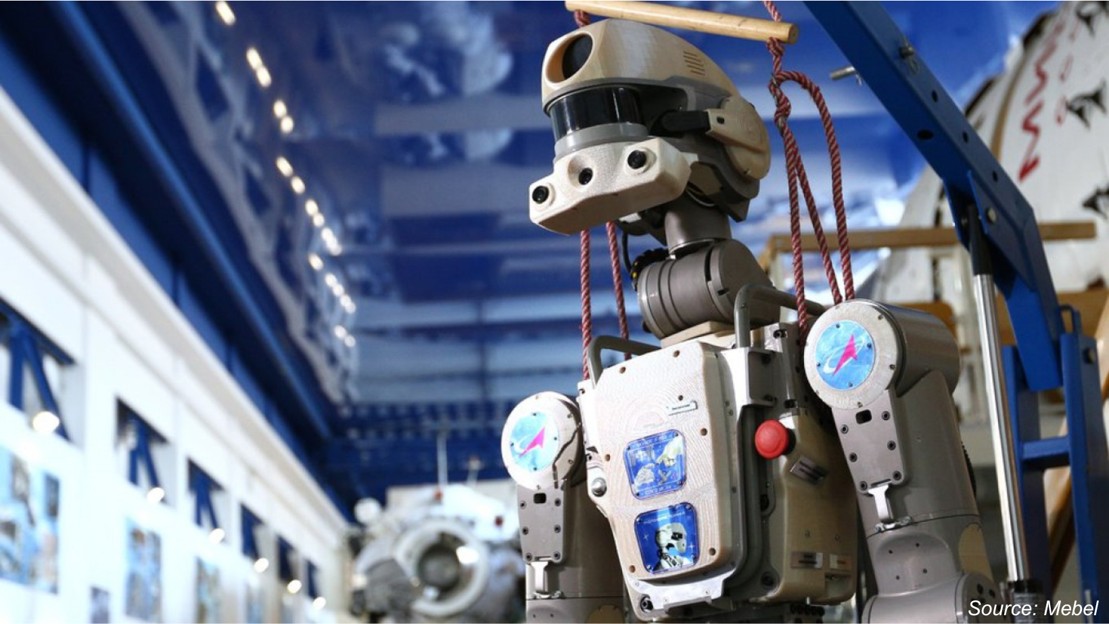
South Korea Co-Working Space Market by Space Type (Shared Open Spaces, Enclosed Private Suites, Virtual Office Solutions, Event/Meeting Facilities), by Membership Type (Hot Desks, Dedicated Desks, and Others), by Business Type (Standard Coworking, and Others), by Business Model (Direct Ownership/Operation, and Others), by End User (Freelancers/Remote Workers, and Others), by Industry Vertical (Technology & IT Services, and Others) - Opportunity Analysis and Industry Forecast, 2024–2030
Industry: ICT & Media | Publish Date: 04-Nov-2025 | No of Pages: 157 | No. of Tables: 120 | No. of Figures: 65 | Format: PDF | Report Code : IC2039
Market Overview
The South Korea Co-Working Space Market size was valued at USD 229.2 million in 2023, and is predicted to reach USD 953.8 million by 2030, at a CAGR of 22.5% from 2024 to 2030. Co-working space represents a dynamic and adaptable solution to the evolving needs of businesses. These shared work environments offer flexibility in lease terms and space requirements, appealing particularly to startups and small enterprises seeking to avoid the upfront costs associated with traditional offices. The communal atmosphere encourages networking and collaboration among professionals from diverse fields, fostering innovation and creativity.
Equipped with modern amenities and strategically located, managed workspaces provide cost-effective, scalable, and accessible alternatives for companies seeking a central presence without the constraints of long-term leases. The industry has experienced significant growth as businesses recognize the benefits of this model, embracing the collaborative opportunities and resource-sharing inherent in flexible workspaces.
Rise of Popular Coworking Companies and Government Initiatives Fuel Market Growth in South Korea
The rapid expansion of coworking spaces in South Korea is being fueled by the growing presence of prominent workspace providers across major cities. These companies are catering to the increasing demand for flexible, professionally managed environments that support hybrid work, entrepreneurship, and agile business operations. The ability to offer diverse workspace formats under flexible membership models is helping meet the evolving needs of freelancers, startups, SMEs, and corporate teams alike.
At the same time, South Korea’s government continues to actively promote innovation and startup development through various national and regional initiatives. These programs are designed to encourage collaboration between startups and established enterprises, providing access to shared infrastructure, business support, and funding. As these initiatives scale, coworking spaces play an essential role in facilitating innovation, cross-sector partnerships, and a dynamic entrepreneurial culture.
Government Investment and Foreign Attraction Initiatives Propel Market Expansion in South Korea
South Korea’s commitment to fostering a globally competitive startup ecosystem is driving significant investment into the coworking space market. National funding programs and strategic development funds are helping new ventures access resources while also supporting the physical expansion of flexible work environments. This public investment is strengthening the foundation of the coworking industry, making it more attractive and accessible for early-stage businesses.
In parallel, South Korea is enhancing its international appeal through programs aimed at drawing foreign investors and global companies. With supportive regulatory frameworks and rising rankings in global business competitiveness, the country is emerging as a preferred destination for international entrepreneurs. This growing international presence increases the demand for coworking spaces that can accommodate diverse users with flexible and innovation-focused environments.
Growing Cybersecurity Concerns Challenge Coworking Space Adoption in South Korea
While coworking spaces in South Korea offer flexibility and innovation, rising cybersecurity concerns are becoming a barrier to broader adoption. The shared digital infrastructure typical of coworking environments introduces potential vulnerabilities, including data breaches, unauthorized access, and system disruptions. These risks are especially significant for businesses that manage confidential client information or operate in sectors requiring strict data compliance.
Given the communal nature of coworking spaces, firms are increasingly cautious about network security, device management, and access control. Without robust cybersecurity measures in place, some organizations may hesitate to fully commit to these environments. To ensure long-term market growth, coworking operators in South Korea will need to invest in advanced security protocols and technology infrastructure that address the evolving needs of security-conscious users.
Integration of AR and VR Technologies Unlocks Future Opportunities in South Korea’s Coworking Market
The integration of Augmented Reality (AR) and Virtual Reality (VR) technologies is opening new growth opportunities for coworking spaces in South Korea. These immersive tools offer enhanced collaborative experiences, allowing users to engage in virtual meetings, project simulations, and training sessions with greater interactivity and presence. Such advancements support the transformation of coworking spaces into future-ready digital environments.
As AR and VR become more mainstream, coworking providers in South Korea are likely to adopt these technologies to attract tech-forward users and remote teams. By offering immersive digital tools alongside traditional workspace services, operators can deliver a more engaging and flexible user experience. This aligns with South Korea’s national digital innovation goals and positions the coworking sector as a key enabler of next-generation work practices.
Competitive Landscape
The South Korea co-working space industry comprises various companies, including First Five Co.ltd, IWG plc WeWork Companies LLC, SPARKPLUS Corp. JustCo., The Executive Centre, CEO SUITE Co., Ltd., Hive Arena, D.CAMP, ECS153 Co‑working Space Co., Ltd., UrbanShares, Blue Pebbles, Hoppin, Coworker, FlagOne and others.
The South Korea Co-Working Space Market Key Segments
By Space Type
-
Shared Open Spaces
-
Enclosed Private Suites
-
Virtual Office Solutions
-
Event/Meeting Facilities
By Membership Type
-
Hot Desks
-
Dedicated Desks
-
Private Office Leases
-
Hybrid Flex Passes
By Business Type
-
Standard Coworking
-
Premium Managed Offices
-
Niche/Specialized Spaces
By Business Model
-
Direct Ownership/Operation
-
Franchise/Partnership
-
Real Estate Collabs
By End User
-
Freelancers/Remote Workers
-
Startups (<10 Employees)
-
SMEs (10–250 Employees)
-
Large Enterprises (>250)
By Industry Vertical
-
Technology & IT Services
-
Financial & Professional
-
Healthcare & Life Sciences
-
Manufacturing & Logistics
-
Public Sector & Education
-
Others
Key Players
-
First Five Co.ltd
-
IWG plc
-
WeWork Companies LLC
-
SPARKPLUS Corp.
-
JustCo.
-
The Executive Centre
-
CEO SUITE Co., Ltd.
-
Hive Arena
-
D.CAMP
-
ECS153 Co‑working Space Co., Ltd.
-
UrbanShares
-
Blue Pebbles
-
Hoppin
-
Coworker
-
FlagOne
Report Scope And Segmentation
|
Parameters |
Details |
|
Market Size in 2023 |
USD 229.2 Million |
|
Revenue Forecast in 2030 |
USD 953.8 Million |
|
Growth Rate |
CAGR of 22.5% from 2024 to 2030 |
|
Analysis Period |
2023–2030 |
|
Base Year Considered |
2023 |
|
Forecast Period |
2024–2030 |
|
Market Size Estimation |
Million (USD) |
|
Growth Factors |
|
|
Companies Profiled |
15 |
|
Market Share |
Available for 10 companies |
|
Customization Scope |
Free customization (equivalent up to 80 working hours of analysts) after purchase. Addition or alteration to country, regional, and segment scope. |
|
Pricing and Purchase Options |
Avail customized purchase options to meet your exact research needs. |

















 Speak to Our Analyst
Speak to Our Analyst

























